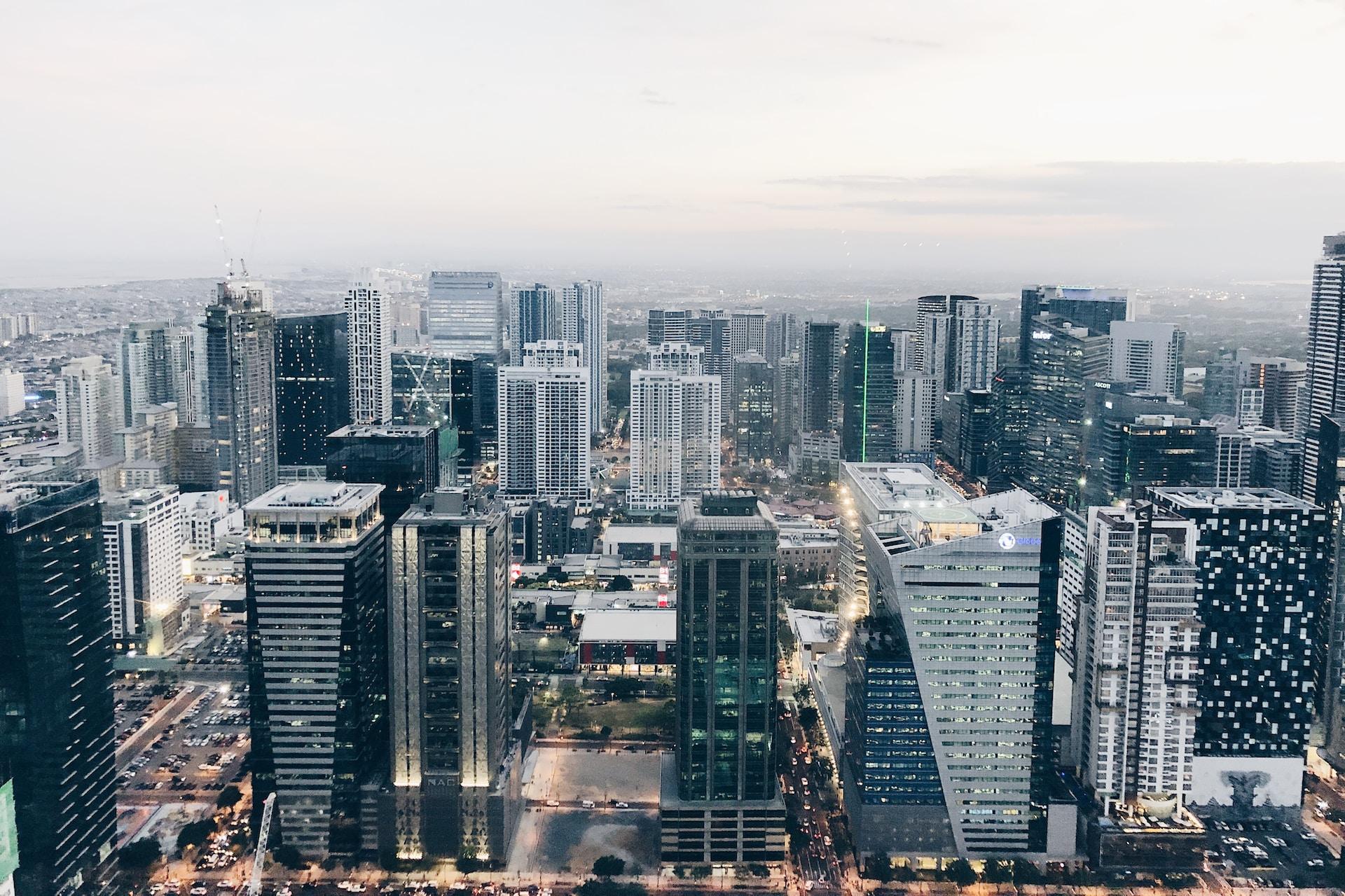Business and Economy
PH to be one of fastest-growing economies in East Asia and Pacific

The World Bank’s report showed that the Philippines and Cambodia will be the second highest growing economy in East Asia and the Pacific, next to Palau which is projected to grow by 12.4 percent. (File Photo: OJ Serrano/Unsplash)
MANILA – The World Bank on Monday retained its 2024 Philippine economic growth forecast at 5.8 percent and expects the country to be the second fastest-growing economy in East Asia and the Pacific.
In its April 2024 East Asia and Pacific Economic Update report, it also revised upward its 2025 Philippine economic growth forecast to 5.9 percent from the earlier 5.8 percent projection.
The World Bank’s report showed that the Philippines and Cambodia will be the second highest growing economy in East Asia and the Pacific, next to Palau which is projected to grow by 12.4 percent.
The projected economic expansion for this year is higher than the 4.
5 percent forecast for China, 4.
9 percent for Indonesia, 4.3 percent for Malaysia, 5.5 percent for Vietnam, and 2.8 percent for Thailand.
“What has sustained growth in the Philippines like much of the region has been consumption and the recovery in services,” World Bank East Asia and Pacific chief economist Aaditya Mattoo said in a virtual briefing on Monday.
“And in Philippines, I should also say the good news has been the fact that the government has implemented significant reforms like the Public Services Act, which should begin to pay off in terms of greater foreign investment, which though in the short run has been less, the fruits have been less strong than we would have expected,” he added.
The World Bank, in a separate Macro Poverty Outlook also released on Monday, said the improvement in the labor market and the easing inflation will help boost growth in household income.
“Poverty is expected to continue to decline but extreme climatic events continue to pose risks. Poverty incidence, using the World Bank’s poverty line for lower-middle income countries of USD3.65/day, 2017 PPP, is projected to decrease from 17.8 percent in 2021 to 12.2 percent in 2024 and further decrease to 9.3 percent in 2026,” it said.
According to the World Bank, risks to the country’s growth outlook remain tilted to the downside.
It said elevated inflation could dampen economic activity by keeping the policy rate higher for a longer period.
Other risks include a further slowdown in the growth of China and escalating geopolitical tensions which could cause a sharper-than-expected growth slowdown which would further dampen external demand.
Mattoo, for his part, added that the Philippines and other countries in the region remain highly vulnerable to climate shocks.
“This region does contribute, especially in countries like China and Indonesia, through emissions to global climate change, but for the most part, the countries are more victims rather than perpetrators,” he said.
Mattoo said the climate shocks necessitate a big investment in adaptation.
“These ranges from everything from early warning systems in which the Philippines has been a leader, but also through, you know, better investment in infrastructure and agriculture in more resilient structures that can weather these shocks,” he added.





















